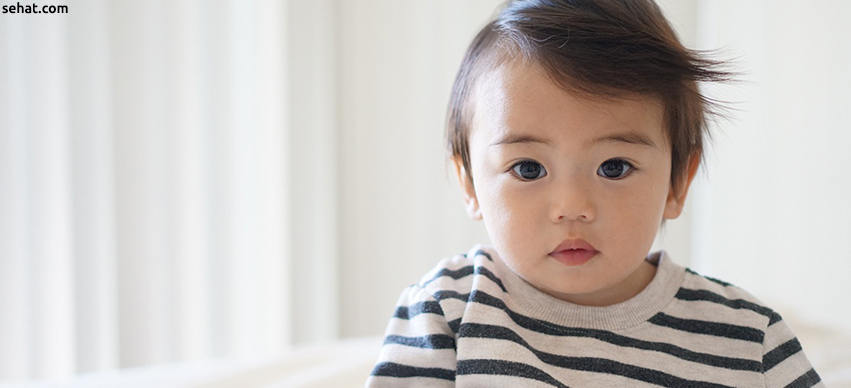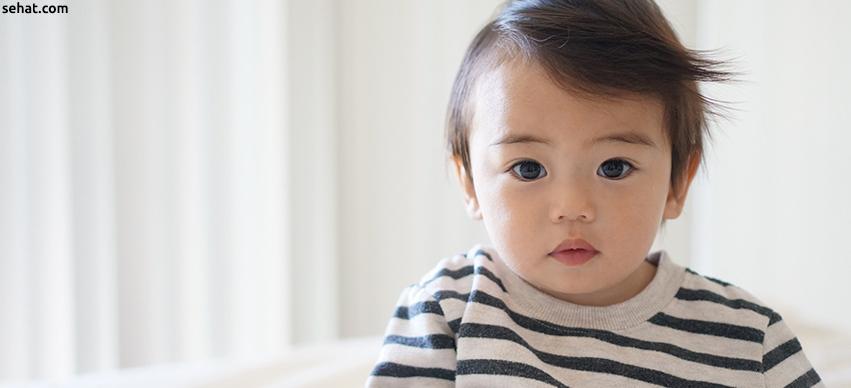How Communities Are Changing the Way We Think About Aging in..
8 Min Read


When we talk about baby’s skin the first thing that undoubtedly comes to our mind is their softness. As they are kept away from any kind of exposure their skin tends to remain so for a longer duration of time. But did you know that these little bundle of joy could also be affected by various skin disorders which if isnt treatment effectively may worsen their skin condition? Yes you heard it right there are several skin disorders that can affect the tender skin of your infant, these include
Infant eczema also known as the atopic dermatitis, is one of the common skin disorder seen in the babies. It starts on the face and spreads all over the body.
The symptoms include:
These symptoms may leave the kid uncomfortable hence it is advised to clean the baby’s skin with lukewarm water with a mild baby soap and apply moisturizer on the skin while it is still damp. If the condition does not clear in some days visit a pediatrician and get it treated.
If you thought acne was a skin disorder that occurred only in adults then think again. This problem is also seen in the newly born. It usually occurs in kids between 2 weeks to 6 months of age. The main cause for infant acne is the mother's hormones that circulates in the bloodstream of the babies even after their birth.
Symptoms include:
Though infant acne is considered to be a skin disorder yet it isn’t painful or harmful. It can be treated by keeping the affected area clean and moisturized. Do not squeeze or place your hands on the pimples. The zits will be cleared with time.
You might have seen that most of the infants develop dry and flaky skin. This is caused because of their over sensitive skin.
Symptoms include:
The only treatment for this skin condition is hydrating it. Hydrate the infants skin as much as possible. Visit the pediatrician and use the moisturizing lotions as prescribed by them. DO NOT use any adult lotion on the kids skin, it may just worsen the condition due to the harsh chemicals that wouldn't suit the kids skin.
This is one of the most common skin disorder in the kids. Due to frequent urination the extremely sensitive skin of the infants develops painful rashes. The excess moisture, the irritants and tight diaper (with too little air) causes these harsh diaper rashes.
The symptoms include:
As this is a common skin condition in infants it can be treated easily. Keep the kids diaper clean and tidy. Wipe the bare butt every time the kid urinates. Change the diapers frequently. Use mild antibacterial baby soaps and wipes. If the problem aggravates visit the pediatrician and get it treated immediately.
If you have kids between 2 weeks to 6 years of age then you might know that this is a very common problem in infants. These heat rashes are caused due to overexposure to external elements like heat, pollution, harsh products etc.
Symptoms include:
To treat heat rashes clean them with lukewarm water and mild soap. Leave the affected area open so that the baby may enjoy the cool breeze which in turn will lessen the pain. Antihistamines and warm water baths will help ease the pain too. Visit the pediatrician if the rashes seems to get worsen.
It is to be understood that the infants are in no position to help you know the pain they are experiencing. As parents it becomes our prime responsibility to check for any infections in the kids and treat it before it gets any worse and leaves your kid uncomfortable and uneasy.